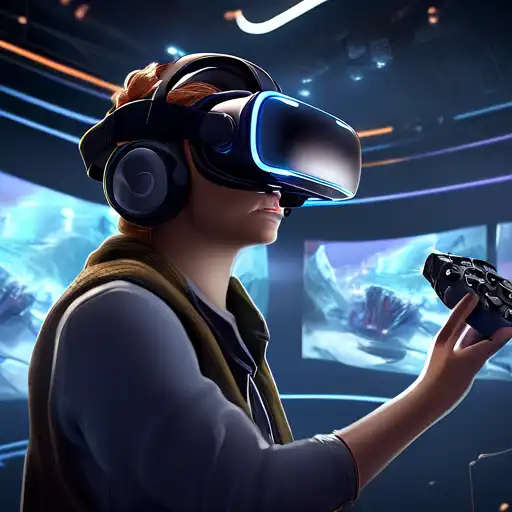Understanding the Complexities of VR Content Development
Virtual Reality (VR) has emerged as a groundbreaking technology, offering immersive experiences that were once the stuff of science fiction. However, developing content for VR presents a unique set of challenges that creators must navigate to deliver compelling and engaging experiences.
Technical Limitations and Hardware Diversity
One of the primary hurdles in VR content development is the technical limitations and the diversity of hardware. Developers must ensure their content is compatible across a range of devices, each with its own specifications and capabilities. This requires extensive testing and optimization to provide a seamless experience for all users.
High Development Costs
Creating VR content is not cheap. The need for specialized software, hardware, and skilled personnel can significantly increase development costs. This financial barrier can limit the ability of smaller studios or independent creators to enter the VR space.
User Experience and Comfort
Ensuring a comfortable and enjoyable user experience is paramount in VR content development. Issues such as motion sickness and disorientation can detract from the immersive experience, making it crucial for developers to design with user comfort in mind.
Content Innovation and Creativity
With VR still being a relatively new medium, there is a constant pressure to innovate and push the boundaries of what is possible. Creators must think outside the box to develop content that stands out in a rapidly evolving landscape.
Overcoming the Challenges
Despite these challenges, there are strategies that developers can employ to overcome them. Leveraging cross-platform development tools can help address hardware diversity, while careful planning and budgeting can mitigate high development costs. Focusing on user-centered design principles can enhance comfort and enjoyment, and staying abreast of the latest trends and technologies can fuel innovation.
For those interested in exploring more about VR technology, check out our VR Technology Overview for a deeper dive into the subject.
Future Prospects
The future of VR content development is bright, with advancements in technology and growing consumer interest paving the way for new opportunities. As the industry matures, we can expect to see more accessible tools and platforms that lower the barriers to entry for creators.
In conclusion, while developing VR content comes with its share of challenges, the potential rewards make it an exciting field for creators. By addressing these hurdles head-on, developers can unlock the full potential of virtual reality to create unforgettable experiences.
For more insights into digital media and innovation, visit our Digital Media Trends section.
